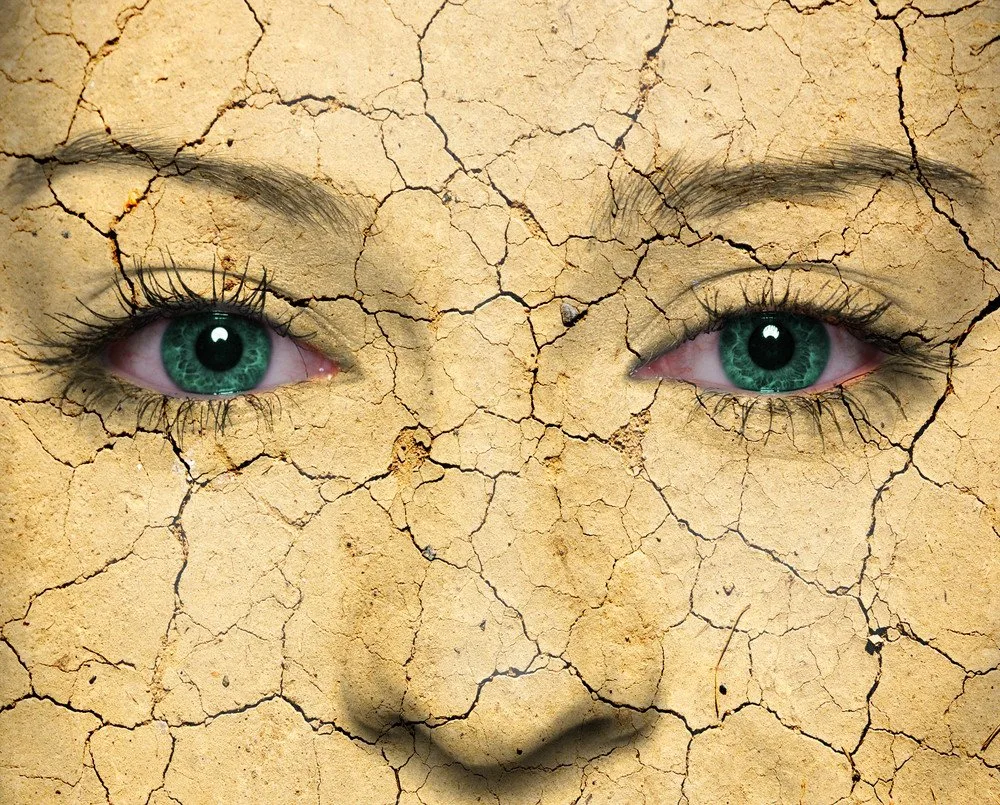The human body is made up of roughly 60% water and requires water for almost every function that it performs. When it comes to health and fitness, hydration is an important pillar that a person needs to focus on. Without proper water intake, there isn’t a lot of ground that a person can cover when it comes to pursuing their best health.
The importance of proper hydration
Proper hydration is key to living in your best health, yet people often avoid achieving it. In fact, it’s very common to hear people make statements like ‘I’m dehydrated’, or “I absolutely know that I haven’t drunk enough water today”. If someone hasn’t had the proper amount of water for the day, it can become instantly noticeable the moment they start exerting a lot of energy, such as during a workout.
Thirst and fatigue are both signs that your body needs more water and is experiencing a fluid deficiency. When it comes to hydration, however, there are certain levels of dehydration that a person should be aware of. Acute dehydration refers to a condition of being dehydrated within a smaller window of time, such as a day or even a part of a day.
An example of acute dehydration would be if a runner training for a marathon started to train without properly fueling beforehand. Not far into that training session, the runner would start to understand that they require more fluids – but this can be easily corrected because it’s acute.
Chronic dehydration is a bit different. This is a term that refers to a steady deficiency that over time has caused issues that cannot be quickly by simply drinking water. If you are concerned that you may be experiencing chronic dehydration, here are some signs and symptoms to be aware of and some steps to help you overcome it! Longevity Live Paid Content.
What Exactly Is Chronic Dehydration and Its Signs?
 To be able to spot chronic dehydration, you need to first know exactly what it is. Chronic dehydration can have a lot of similarities to acute dehydration. They both can make a person feel thirsty, sluggish, or even fatigued. When someone hasn’t drunk enough water throughout the day, they could be experiencing acute dehydration that can be fixed with some liquid and electrolytes.
To be able to spot chronic dehydration, you need to first know exactly what it is. Chronic dehydration can have a lot of similarities to acute dehydration. They both can make a person feel thirsty, sluggish, or even fatigued. When someone hasn’t drunk enough water throughout the day, they could be experiencing acute dehydration that can be fixed with some liquid and electrolytes.
Someone experiencing chronic dehydration would have a lot more than simply one day of not drinking enough water to account for. This is typically indicative of a liquid deficiency over a substantial amount of time. While a person suffering from chronic dehydration may feel tired, lethargic, thirsty, or fatigued, there are other more serious symptoms that can occur. Here are some of the most common signs to look out for.
Darkened or Discolored Urine
Among the most common signs of chronic dehydration are going to be fatigue accompanied by discolored or dark urine. Dark or discolored urine can be a sign of dehydration that has gone a little too far and a sign that your body is compensating for the liquid deficiency.
Extreme Muscle Fatigue
Everyone has been there. They start to play a round of basketball, or when they begin yard work, and they realize – hold up, I need a glass of water! This might be because they instantly felt very thirsty, or they felt a little fatigued. With acute dehydration, a simple drink of water might do the trick, and you can get back into your activity.
Extreme muscle fatigue can present itself as confusing and even alarming. It could be a sign of chronic dehydration. The thing to remember is that recovery takes time, so a simple drink of water won’t fix it.
If you experience extreme muscle fatigue, you may need a day or two to rest and focus on getting your body back to normal operation.
Ways to Help Correct Chronic Dehydration
If you’ve experienced chronic dehydration, the good news is that there are achievable ways to get your fluid levels back to normal. The first and most reliable method would be to take a break and focus on getting rehydrated. This might mean canceling some plans to focus on resting and drinking enough water and electrolytes to allow your system reset.
Another option would be NAD+ IV therapy. Depending on where you live, you can find IV clinics that offer this service. For example, NAD therapy NYC offers this service to residents of New York City and is a powerful way of kick-starting the body back into operational balance.
NAD+ is a coenzyme that helps promote the body’s mitochondrial health. This can help with a number of processes, including hydration.
Conclusion
Whether you are able to make it into an IV therapy clinic, or you just need to focus on drinking electrolytes and lying low, fixing chronic dehydration is something that should be taken seriously. Making sure your body is properly hydrated to meet the physical demands of the day is important not only for your immediate comfort and experience but also for your long-term health.



![women [longevity live]](https://longevitylive.com/wp-content/uploads/2020/01/photo-of-women-walking-down-the-street-1116984-100x100.jpg)










